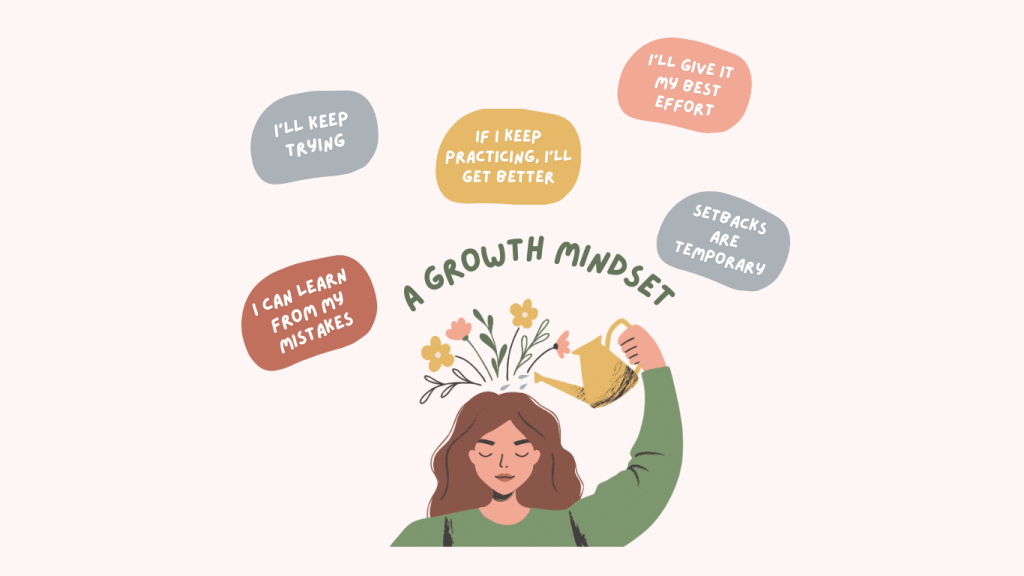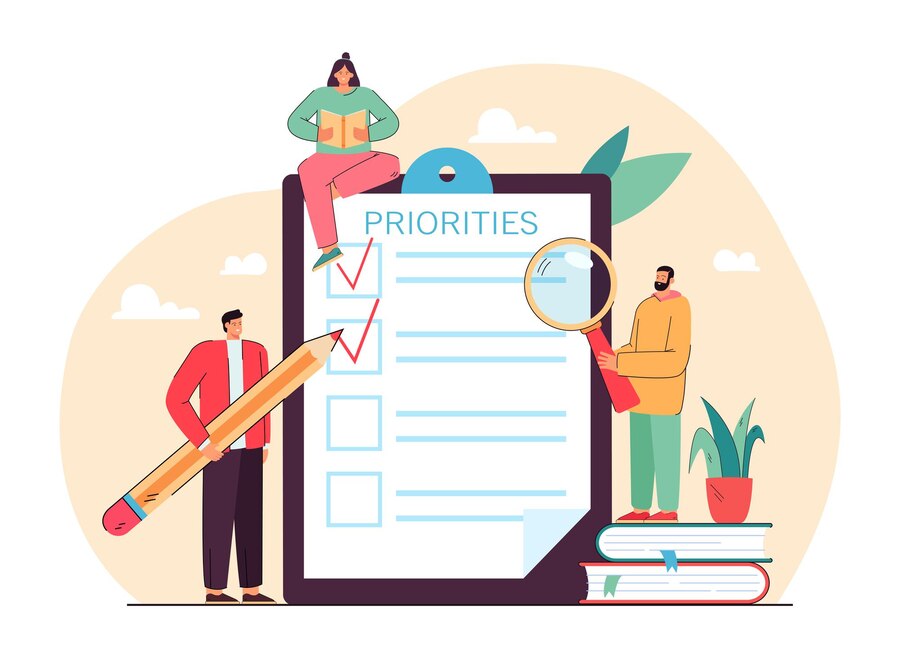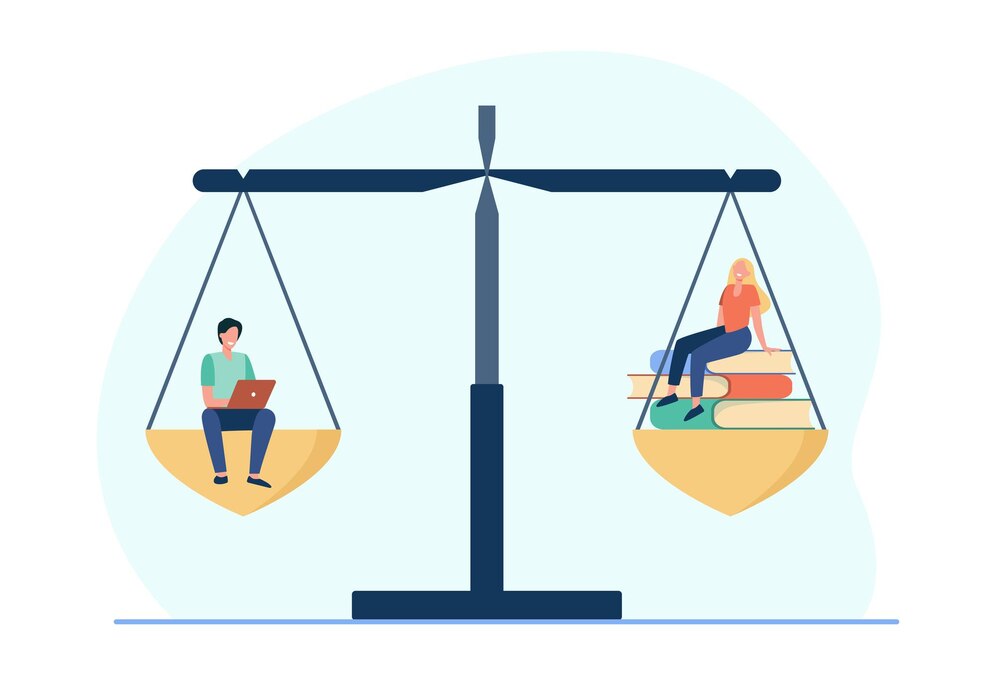
What is a Growth Mindset? – Strategies for Growth
Growth Mindset is a term that has been widely used in recent days. More than 30 years ago, Dr. Carol Dweck and her colleagues observed how students reacted differently to failures, and with a series of students the terms growth mindset and fixed mindset came to being. But what do the mindsets mean? Does having a growth mindset mean you are flexible, and does having a fixed mindset mean that you are very rigid about what you do? While the growth mindset has a component of flexibility, it is something much more than that. Growth mindset means having a belief that with hardwork and dedication, we can develop ourselves, and our talents. It entails persisting in the face of setbacks, and seeing failures as opportunities for growth. In contrast, with a fixed mindset, you believe that you are born with the talents, and they are unchangeable. Such a mindset often makes it difficult to face challenges, because you think that since you fell, you won’t be able to stand up again. Growth mindset instills in you the confidence you require to be your best.
Growth Mindset vs Fixed Mindset
A growth mindset and a fixed mindset represent two distinct approaches to learning, challenges, and personal development. A growth mindset makes you prepared for challenges and obstacles, while with a fixed mindset it may be difficult to face them. It is so because when you have a growth mindset we are constantly working on ourselves enhancing our abilities, not giving into the thinking of “it is what it is”, a thought which often arises with a fixed mindset. We can become more determined and persevere with the help of a growth mindset, because the perception towards failure is positive since it is seen as a way to grow. A fixed mindset tends to make you stagnant, because you firmly believe that your capacity is limited, and that you cannot expand it no matter what, but with a growth mindset you recognise the unlimited horizons and are curious to explore each one. Although both mindsets are very distinct, having one mindset doesn’t negate the presence of the another. With a growth mindset, it is not necessary that we are always ready for challenges or that failure doesn’t demotivate us. The fixed mindset which is in us does play a role when facing the hurdles leaving us hopeless but having a growth mindset we tend to say rays of hope.

From its definition, we understand the pivotal role a growth mindset plays in our overall development. As students, cultivating it empowers us to confront adversities with greater confidence. With a growth mindset, failure becomes an ally—not because it occurs more frequently, but because each setback becomes an opportunity for learning and growth. A growth mindset enables us to undertake challenges we might otherwise shy away from. It instills a belief in continuously enhancing our abilities and bettering ourselves. A growth mindset helps you become the best version of yourself and therefore, has several benefits.
Benefits of a growth mindset
Resilience: Individuals with a growth mindset are more resilient in the face of challenges and setbacks. They see failures as opportunities for learning and are better equipped to bounce back from adversity. A growth mindset makes you perceive challenges as a road to success rather than a roadblock, because of which you welcome them. In the quest of acknowledging your potential, you seek for more and more ways to work things out, because of which you become resilient in what you do.
Continuous Learning: Embracing a growth mindset fosters a love for learning and a desire to continually develop new skills and knowledge. When you have a growth mindset, you start exploring, and in the search for improvement you develop a fondness for learning. Just as water nourishes plants and stimulates their growth, adopting a growth mindset nurtures your capacity to view learning as the catalyst for personal development and advancement. In unwrapping your potential, you get interested in delving into learning different skills. A growth mindset opens doors to endless possibilities, encouraging you to push beyond your comfort zone and embrace uncertainty with confidence.
Increased Motivation: People with a growth mindset are often more motivated to pursue their goals because they believe in their ability to improve and succeed through effort and perseverance. With a growth mindset, failures are seen as ways in which one can improve, because of which there’s stability in the motivation. The constant motivation helps you better yourself faster as you constantly seek growth,The consistent motivation derived from a growth mindset fosters a dynamic cycle of self-improvement, as individuals continually strive to expand their skills, knowledge, and abilities. This relentless pursuit of growth fuels a sense of purpose and fulfillment, driving them to achieve their aspirations with unwavering zeal.
Higher Achievement: Research suggests that individuals with a growth mindset tend to achieve higher levels of success academically, professionally, and personally compared to those with a fixed mindset. The continuous drive to learn from each step, develop skills and abilities, prepares you for all virtues of life, which helps to achieve more in life. Moreover, individuals with a growth mindset are more inclined to embrace setbacks as opportunities for learning and growth, thereby enhancing their adaptability and perseverance. This adaptive mindset enables individuals to navigate through life’s complexities with confidence and agility, empowering them to seize opportunities and overcome obstacles more effectively.
Enhanced Relationships: A growth mindset promotes collaboration, constructive feedback, and a focus on personal growth, leading to stronger and more positive relationships with others. By promoting collaboration, individuals with a growth mindset actively seek out opportunities to work with others, leveraging diverse perspectives and skills to achieve shared goals. Moreover, the emphasis on constructive feedback cultivates a culture of openness and mutual respect, where individuals engage in supportive dialogue aimed at mutual improvement. This emphasis on personal growth not only strengthens individual relationships but also contributes to the development of a supportive community where individuals uplift and empower one another. As a result, those with a growth mindset experience deeper, more fulfilling relationships characterized by trust, empathy, and a shared commitment to collective success.
Greater Innovation: By embracing challenges and viewing failures as opportunities for growth, individuals with a growth mindset are more likely to think creatively and innovate in their endeavors. The failures which would have otherwise limited us, would rather be seen as an opportunity to further enhance our creativity. With a growth mindset, individuals are more inclined to think outside the box, challenge conventional wisdom, and pursue unconventional solutions
How To Develop A Growth Mindset?
A growth mindset begins with believing in your capacity to cultivate it over time. Developing a growth mindset may initially appear challenging, but this perception often arises from a fixed mindset perspective. Embracing a growth mindset begins with believing in your capacity to cultivate it over time. Now, let’s explore some effective ways to foster a growth mindset.
Embrace Challenges
Challenges often scare us and we fear away from them because facing them seems tough.
But as students, we face challenges on a daily basis, the math problems, the history assignments, all are forms of challenges, which we often manage to tackle, one way or another, embracing the challenge, because we understand that it’s what helps us learn. In the same way, we can also manage the challenges of our life recognizing that each obstacle presents an opportunity for learning and personal development, taking a step towards a growth mindset.
Learn from Setbacks
It is natural to feel disheartened after a setback, but it is not okay to think that it’s the end of everything and give up. Failures are a way to know what went wrong, and identify where the mistakes occurred, which guides us to succeed the next time. Setbacks let us know of the area that we need to work on, and through the mistakes, we know what shouldn’t be repeated. Learning from setbacks allows us to not only identify areas for improvement but also develop a deeper understanding of our capabilities and limitations. Instead of viewing failures as roadblocks, we see them as stepping stones towards success, motivating us to persist in the face of adversity, instilling a growth mindset. If anything, setbacks make us more experienced and knowledgeable.
Cultivate Perseverance
We can embrace challenges and face failures, but without perseverance, the efforts that we put in won’t give us the results that we seek for. When we face challenges, and failure seems to be constant, it puts our resilience to test, and in order to pass the test, we need to be determined for our virtue of cultivating a growth mindset. The thought of not being able to climb across the mountain of challenges, after dealing with a few, is the interference of our fixed mindset. It is vital that we remain firm and persevere through whatever obstacles we face, to path towards a growth mindset.
Emphasize Effort over Talent
Our fixed mindset makes us feel like we don’t have any talents, and even if we try we cannot develop it, as it is something inherent. If you think about it though, even professional dancers practice daily to improve, which s/he wouldn’t have had to do, if s/he were inherently talented. It signifies that talent is something that we build with our constant efforts, which help us go from a beginner level to an advanced one. Rather than being rigid, we need to believe in ourselves, and our abilities. It is not to prove to the world that we can do something, it is to prove ourselves that we can do anything that we are willing to do, this is what a growth mindset is. We put in efforts for a better self.
Embrace Feedback
A growth mindset means that we also look for rooms of improvement, checking areas in which we can work on, and what better way than feedback. We find it difficult to process feedback, although it is for our own well-being, again it is the restriction brough by our fixed mindset. We need to acknowledge how important feedback is, as we know where we can still work on to make ourselves better. From our own point of view, our personal biases may make us feel like we have no more progress to make, which the feedback objects, making it crucial to keep growing.
Adaptability
A crucial element of a growth mindset is being adaptive. You may need to change your plans according to the situation, and change may come off as a challenge. Change is often brought by feedback, something that we aren’t fond of, but is necessary to know if we are going in the right direction. When we are adamant about what we have planned, and things don’t go as expected, minor discrepancies lead us to panic. A growth mindset gets us to prepare for any changes we may have to bring according to the situation, because of which we aren’t hindered by it. the ability to adapt allows individuals with a growth mindset to capitalize on unexpected opportunities and overcome unforeseen challenges. Instead of viewing change as a threat, they see it as a chance to learn, evolve, and improve. This mindset not only enhances their ability to thrive in dynamic environments but also empowers them to proactively shape their own future.
Developing a growth mindset does introduce us to thinking without limitations, and believing in ourselves. However, it is not easy to attain and maintain a growth mindset because sometimes, even with a growth mindset, we get insecure when we fail, and become unable to process the failure. This leads us to lose faith and takes us back towards a fixed mindset, as developing a growth mindset doesn’t mean the elements of a fixed mindset disappear. We need to be persistent in thinking that we can and we will. So, it is necessary that we are alert when we start limiting ourselves so that we can switch back from a fixed mindset to a growth mindset.





Responses